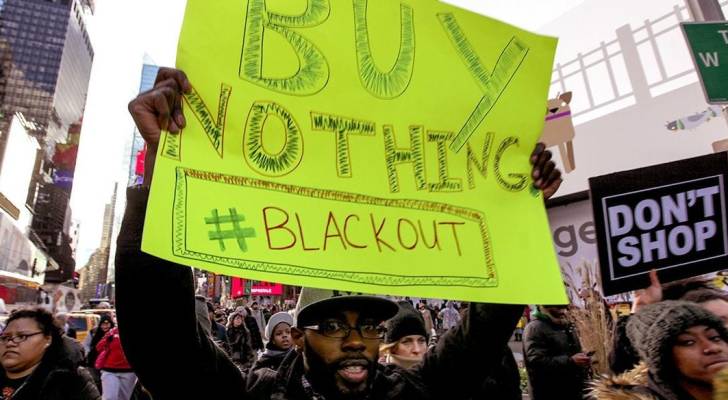Calls for an economic blackout in the US
Economic blackout: American consumers to stage nationwide no-spending day
American consumers are gearing up for a 24-hour spending freeze this Friday, February 28, aiming to send a message against corporate practices they say prioritize profits over people.
The protest, part of a series of planned boycotts, targets companies accused of corporate greed and those that have scaled back diversity, equity, and inclusion (DEI) initiatives. It also serves as a response to US President Donald Trump’s rollback of federal DEI programs during his time in office.
The Goal: A One-Day Spending Halt
Organizers are calling on participants to refrain from any spending for the day. They encourage supporting local businesses instead of major corporations if purchases are necessary.
The movement was spearheaded by John Schwarz, known online as TheOneCalledJai. Speaking to USA TODAY, Schwarz described the effort as a “bold” initiative, reflecting the growing frustration among consumers over corporate policies.
His organization, The People’s Union, has expanded the action beyond Friday’s event to include targeted boycotts of specific companies. These include Amazon (March 7-14) and Walmart (April 7-14). Another large-scale one-day boycott is planned for April 18.
- The Power of Boycotts -
Consumer activism has played a significant role in shaping corporate policies in recent years. Conservative-led boycotts have pressured companies to scale back DEI initiatives, impacting everything from hiring practices to marketing campaigns.
While boycotts can sometimes influence business decisions, experts note that their success often depends on having clear objectives and widespread participation.
Friday’s blackout is not an isolated effort. Earlier this month, civil rights activists in Minneapolis launched a nationwide boycott against Target, accusing the retailer of retreating from its DEI commitments. Meanwhile, comedian and actress Leslie Jones has encouraged consumers to prioritize Black-owned businesses throughout 2024, with specific protest dates targeting Amazon, Target, and Walmart.
Faith-based groups are also mobilizing. A 40-day boycott of Target, set to begin on March 5, is being promoted under the banner of “Target Fast.” Organizers have launched a website, targetfast.org, to provide further details.
Similarly, Latino activists have taken to social media with the hashtag #LatinoFreeze, urging consumers to limit their spending and focus on supporting businesses aligned with their values. Their concerns extend beyond DEI rollbacks, encompassing reduced federal funding for medical research and immigration policies.




